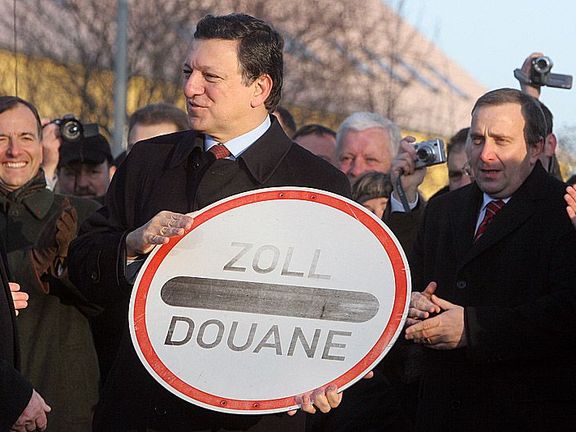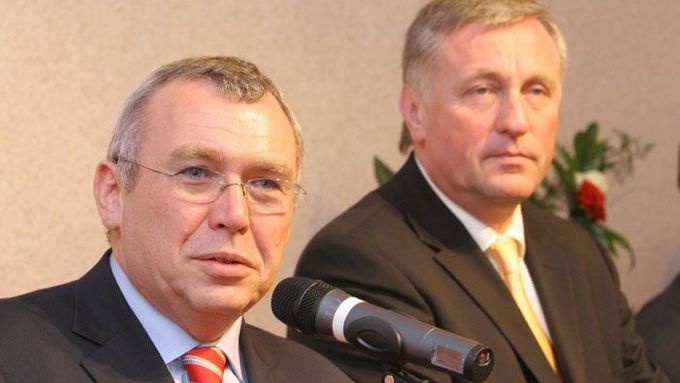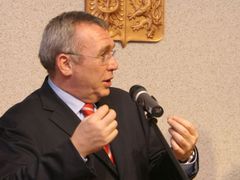Vienna - While Czechs tend to emphasize the positive implications of the recently expanded borderless Schengen zone, Austrians see the scrapping of the internal borders in Europe as a way of undermining their security.
This clearly transpired this week when the Czech Prime Minister Mirek Topolánek met with the Austrian Chancellor Alfred Gusenbauer in the halls of Vienna´s Hofburg for more than an hour.
"Unacceptable"
"It is unacceptable for Austria, that people who claimed asylum in the Czech Republic or Poland would move to Austria to have their asylum process completed there," said Gusenbauer, adding that the rise in the number of migrants in the refugee camp in Lower Austrian Traiskirchen is "alarming".
According to the Austrian TV channel ORF, the number of asylum seekers in Traiskirchen has doubled shortly after opening the borders, with majority of the migrants coming from Poland via the Czech Republic.
The Austrian Freedom party and followers of the outspoken far-right leader Jörg Haider are ringing the alarm and call for immediate renewal of the border regime.
"It is not acceptable for Austria to carry a bigger responsibility than it is supposed to," added the Chancellor, also saying that readmission of migrants is an efficient solution within the European Union.
Topolánek too admitted that cooperation in the Schengen space is not exactly 100% efficient.
"Despite all the positives there has been migration and we have to deal with it," said the PM at a press conference.

Both heads of governments agreed that improving cooperation in the areas of policing and police intelligence was needed.
The issue of Temelín sidetracked
Just before Topolánek´s arrival, the Austrian paper Der Standard mentioned the sticky issue of the nuclear power plant Temelín, saying the Czech energy giant ČEZ considers building another two blocks.
However, the chief of the Austrian ruling coalition sidetracked the issue, saying the Czech-Austrian inter-parliamentary commission is dealing with it.
And Topolánek raised hopes in front of Austrian journalists, that the Czech Army would be equipped with Pandur armored personnel carriers after all, despite recent scrapping of an army order for two hundred of those vehicles made by the Austrian manufacturer Steyr.
"I would like to see a deal reached," said the Czech Prime Minister. It was almost symbolic that saying that, he was standing right under the picture of the Empress Maria Theresa, who ruled the Austrian empire in the 18th century, with the Crown of Saint Wenceslas on her head, signifying the one-time unity of the two nations.

